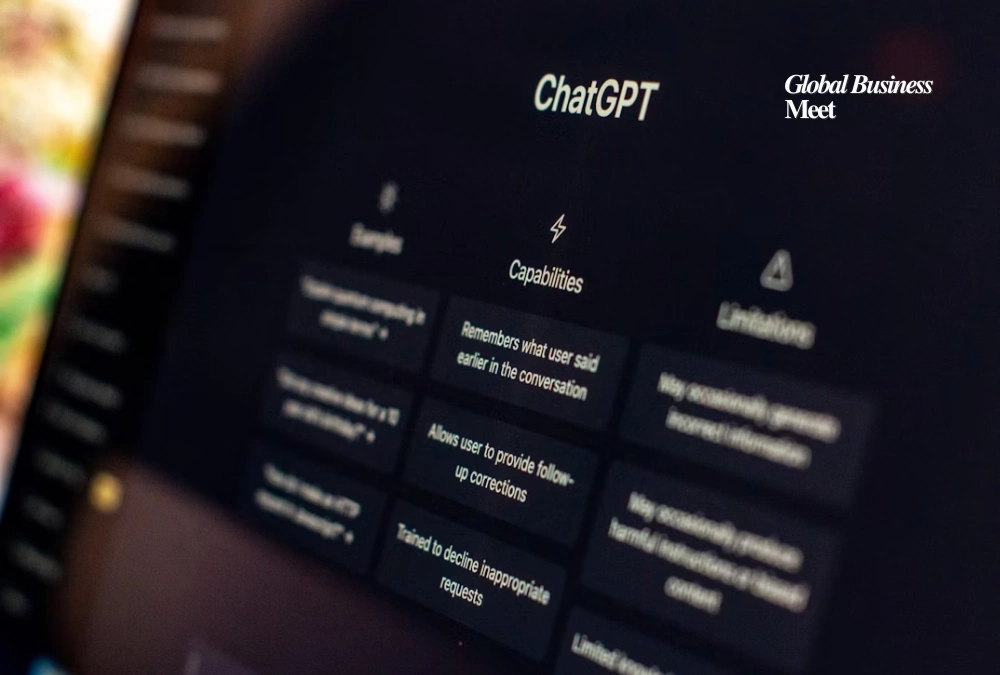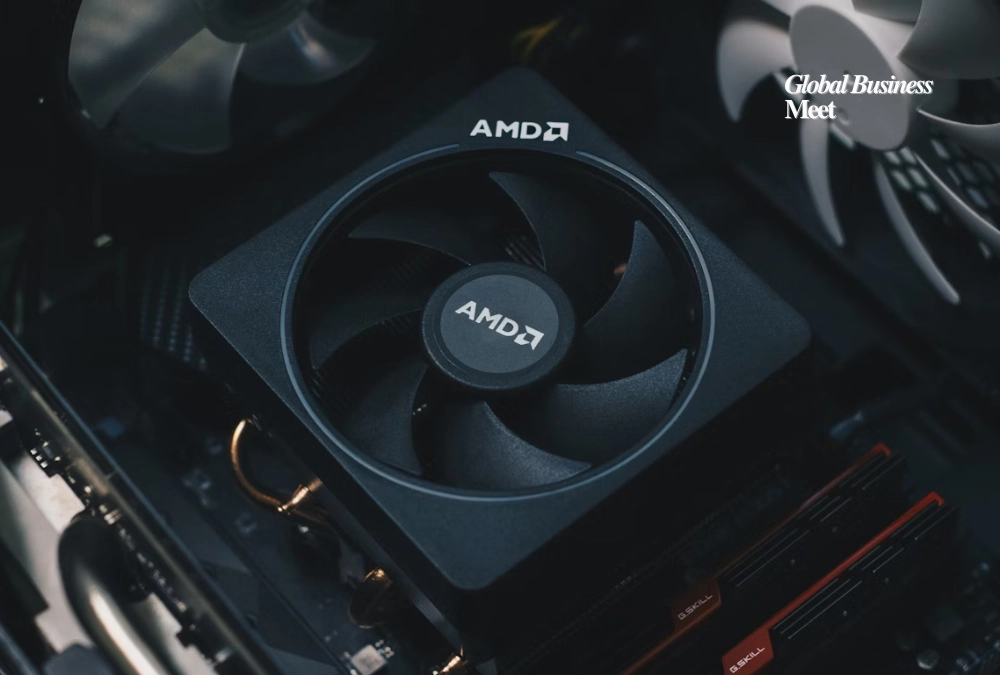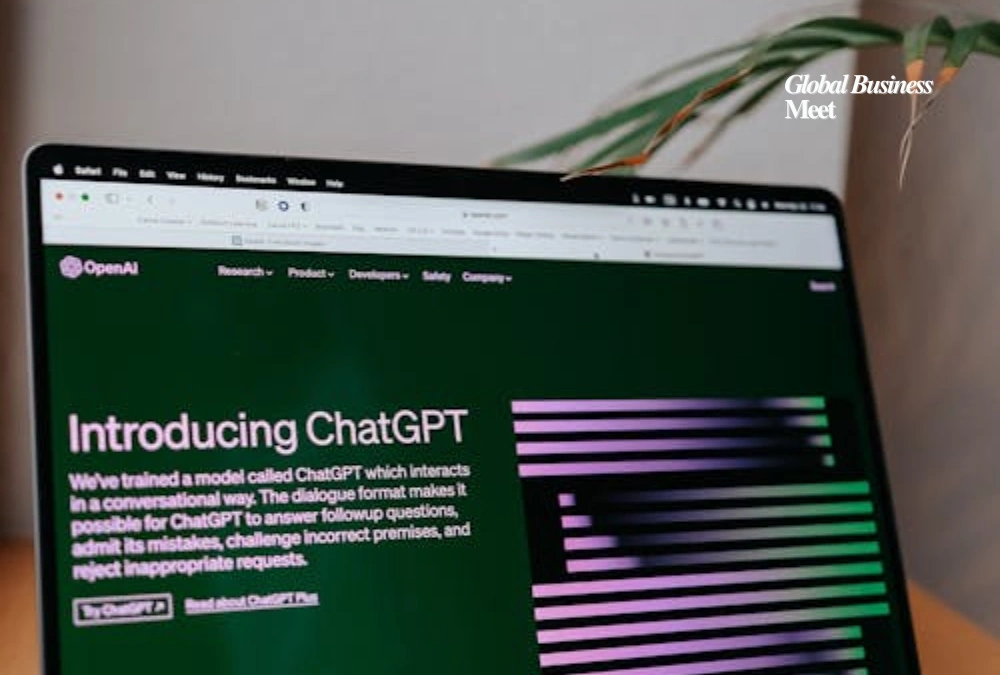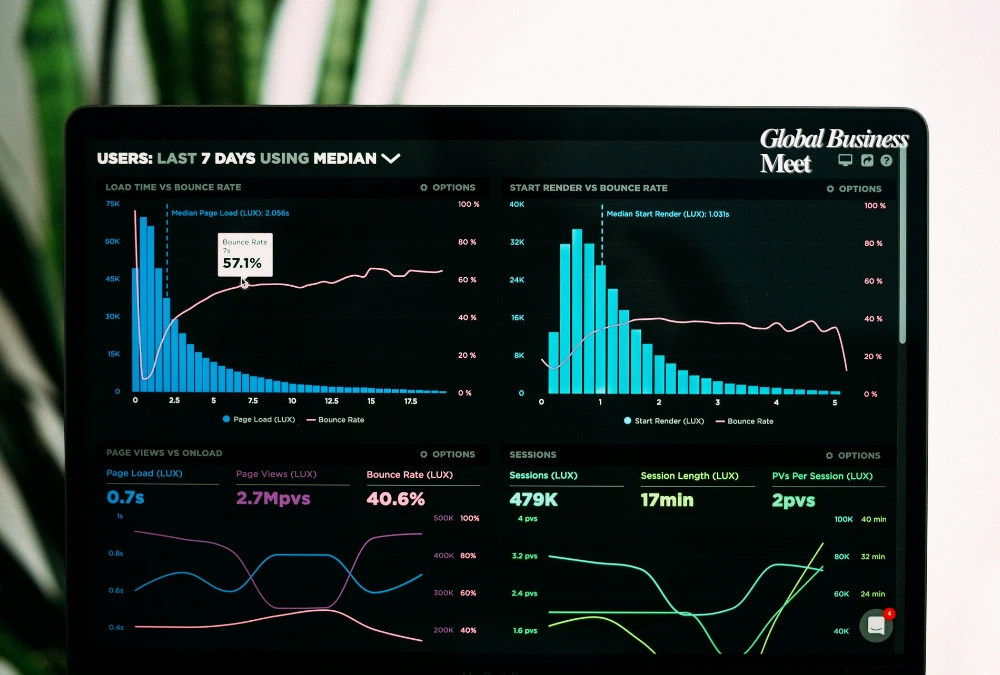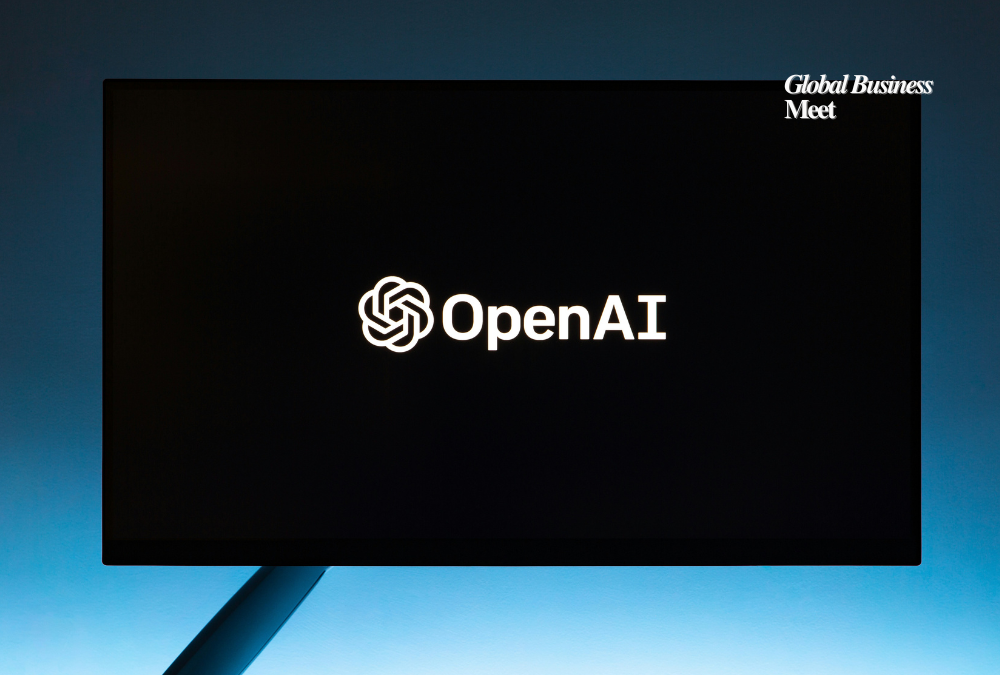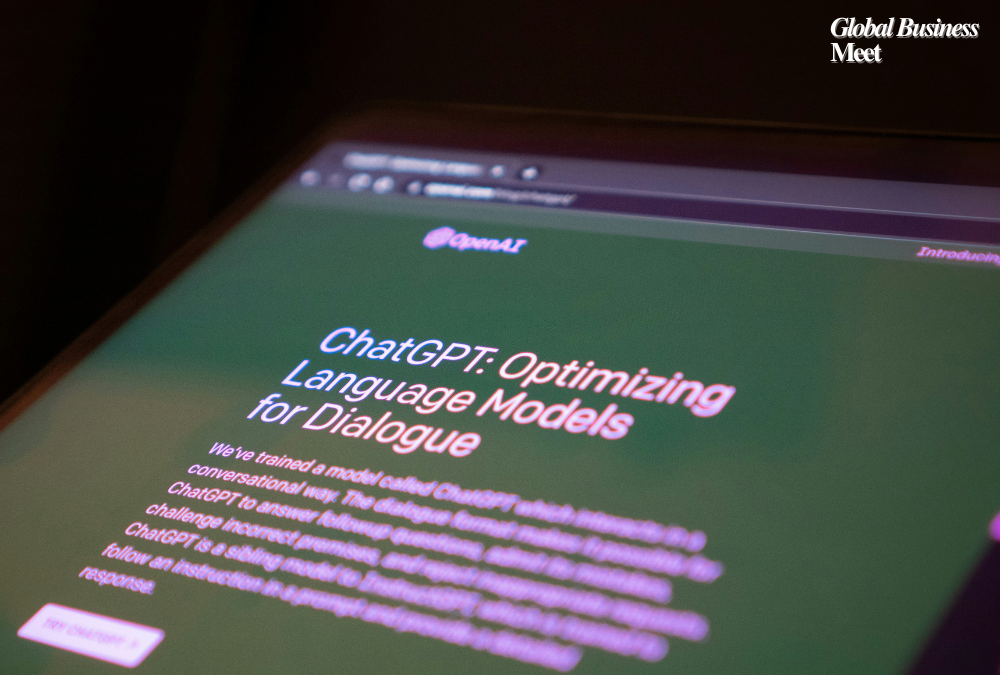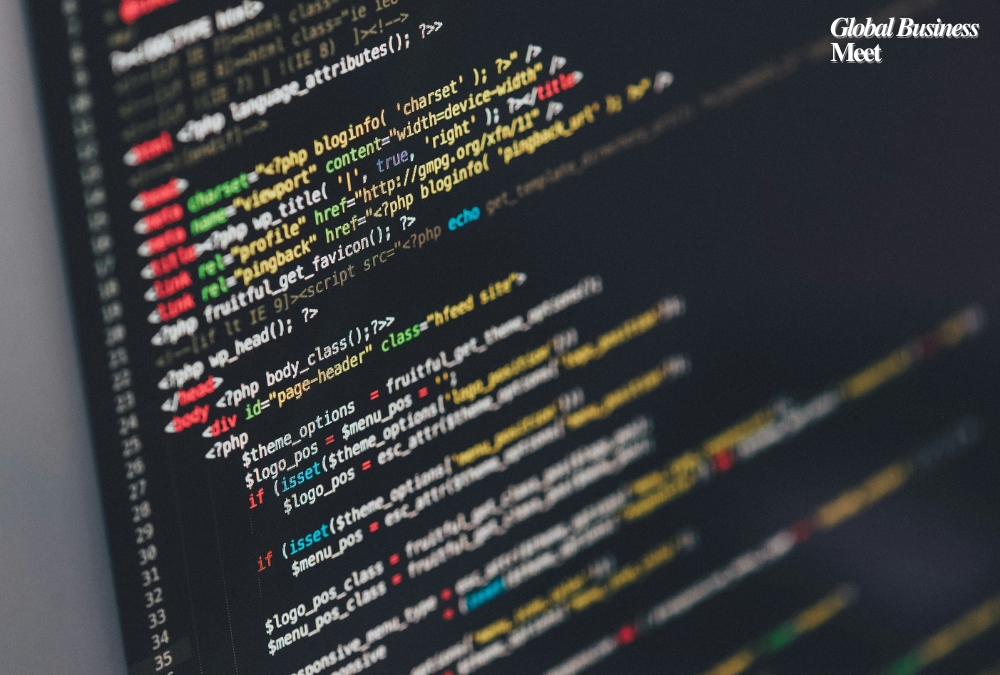
The current effort of the British government to modernise copyright laws for artificial intelligence (AI) age has faced a major legal and policy impediment. A new trend in the fight as to how copyrighted materials should be utilized in training AI models has revealed brewing discord between government goals and the needs of rights holders, artists, and publishers.
The fundament of the dispute is the UK government attempt at establishing a framework that would have permitted AI developers to do extensive unlicensed use of copyrighted materials for machine learning models training under a wide text, and data mining (TDM) exception. The policy was to spur AI research and development in the UK making it a center for avant garde AI development. However, the initiative led to a bitter outrage from the creative industries as they claim that such an initiative would prove harmful to intellectual property rights and sustenance of the content creators.
This week, the government took a step back as lawmakers, and policy advisors came out strongly against the TDM exemption effectively halting or stalling it. The resistance did not only come from artists and rights management groups but also from MPs, and influential stakeholders in the UK tech ecosystem. Opponents of the policy insisted that mass use of copyrighted data without licensing agreements would undermine the UK global standing as a protector of creative industries.
This controversy has left the UK government in a bad position. On the one hand, it aims at the development of AI and attracting investment into emerging technologies. On the other, it needs to be at an equilibrium with the requirement of protecting the copyright holders and also in a state where compensation is given fair standards. The current government position is becoming increasingly untenable, particularly as world markets like the EU and the U.S., struggle with similar issues surrounding AI and intellectual property.
The industry experts note that the UK might have to implements more subtle laws, perhaps including licensing systems that would permit AI companies to train their models without breaking the law and compensate content creators. Lack of such a balance may suppress innovation or deny developing AI-based businesses favorable regulation environments.
The UK’s legislative road to AI-related copyright reform has temporarily stopped with the suspended TDM exemption. It also states that the interests of the creators-the vital part of the AI raised age-is still in the center and additional consultations and compromise are needed in order to form the policies that allow both innovation and protection.








